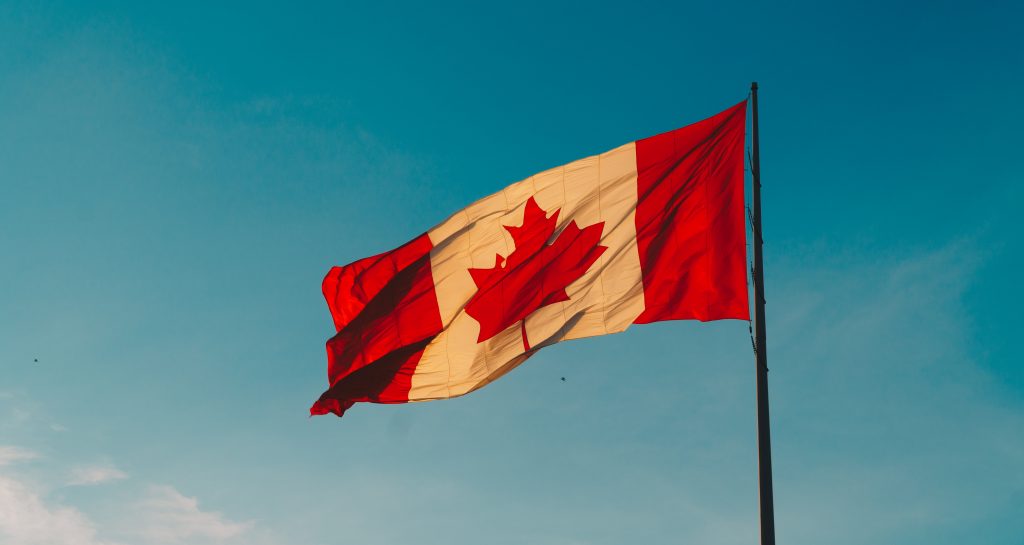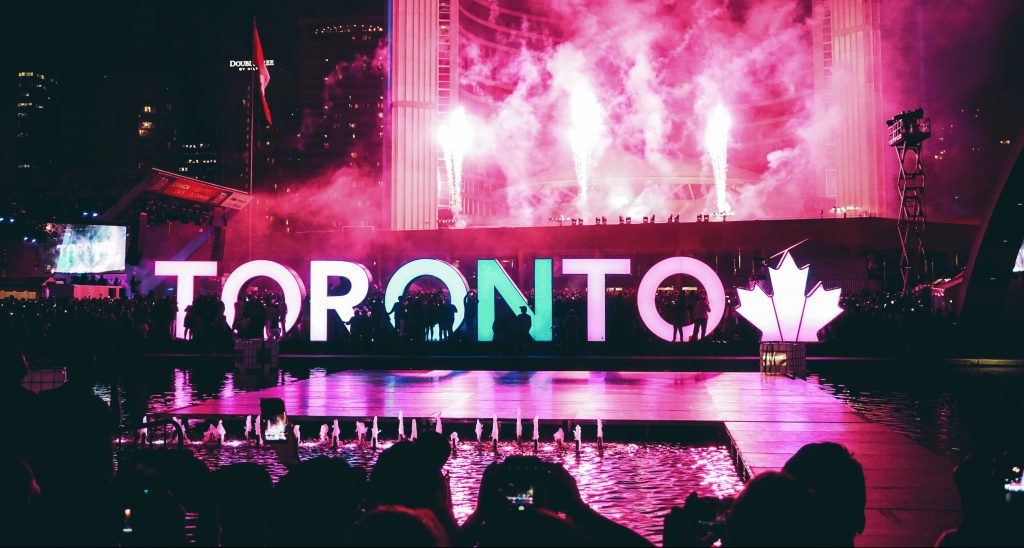Adrienne Attorp is a Sociology and Social Policy PhD student at Newcastle. She is also Canadian, and struggling with the problematic history of Canada Day, her country’s national holiday. She writes about this here.

Today, 1st July, is Canada Day, an annual holiday that marks the day in 1867 when the British North America Act was signed, uniting the colonies of Canada (now Ontario and Quebec), Nova Scotia and New Brunswick into a single Dominion – Canada – within the British Empire.
The holiday is typically celebrated with much fanfare: parades, concerts, fireworks, and large gatherings with family and friends which almost always involve a barbeque and lots of beer. I grew up wholeheartedly taking part in these activities and have continued to do so even as I have lived outside of the country, always finding fellow Canadians to mark the occasion with. Only in recent years have I begun to reflect on what Canada Day means and what I am celebrating when I take part in festivities to mark the occasion.

Canada is a settler colonial project of grand proportions. European explorers first ‘discovered’ what is now Canada in the 15th century. Early explorers, traders and missionaries were followed by settlers (including my maternal great grandparents) who were actively supported by their home countries – initially, Britain and France – to claim territory in this vast wilderness. In the mid-19th century, Canada built 1,600 kilometres of “colonization roads” in a bid to make it easier for settlers to claim land, and thousands of kilometres of rail were established. Over the course of a century, the Dominion of Canada grew to stretch across 9.9 million square kilometres, from British Columbia in the west to Newfoundland in the east, and far north past the arctic circle. A true feat of empire.
What has been left out of this narrative until relatively recently, is that in order for brave settlers to forge new land for King (and Queen) and country, a key problem had to be overcome: this ‘wilderness’ was, in fact, already inhabited by millions of people.
Various authors (e.g. see Bev Sellars, Nick Estes and Thomas King, among many others) have eloquently documented the process by which the British and French governments, then the Canadian (and American) government, set about destroying Indigenous people in what is now North America. There is not space here to even begin to detail this violent history, but in short, concerted focus was placed on systematically eliminating “the Indian Problem”.
Indigenous people were violently uprooted from their traditional homes and pushed far into remote areas where they would not get in the way of new European settlements. Generations of Indigenous children were taken from their families and “aggressively civilised” in residential schools, where they had their culture literally beaten out of them. This is not ancient history. Canada’s last residential school closed in 1996.
The Canadian government finally established a “Truth and Reconciliation Commission” in 2008, and formally apologised for its treatment of Indigenous people that same year. However, for many, the apology rang hollow, as have subsequent apologies, including from a tearful Justin Trudeau. Many Indigenous communities in Canada still live in abject poverty, their suicide rates are the highest in the country, more than 4,000 Indigenous women have been murdered or are missing (something which has officially been classified as a genocide), and the Canadian government continues to steamroll over Indigenous rights to land and livelihood as it pushes through new pipelines and dams on Indigenous territory.
As Nick Estes and Nyla Matuk argue on the excellent Red Nation Podcast, Canada’s Truth and Reconciliation Commission was more about Canada absolving itself of its crimes than about making tangible change. Moreover, what is there to reconcile if there was not conciliation in the first place?

Photo credit: Jennifer Wickham
Canada is not unique in its treatment of Indigenous people. The United States, Australia and New Zealand, among others, are all products of similar settler colonial projects. However, many Canadians still seem unable to understand the implications of the European settler colonial project that birthed their country and remain fiercely – and uncritically – proud of their nationality. Canada Day narratives serve only to perpetuate this, almost entirely glossing over the colonial history of the country.
Equally, we must contest the narrative that these issues are simply ‘in the past’. To this day, Canadians hold tight to a pervasive narrative of Canadian ‘multiculturalism’ (e.g. Canada is a ‘mosaic’, unlike the United States, which is as ‘melting pot’), which overlooks the continuing influence of racism in Canadian society. This extends beyond the country’s ongoing reprehensible treatment of Indigenous people. Black people in Canada are twice as likely to be on a low income than other Canadians and are more likely to be a victim of a hate crime. In Toronto, Black people account for 37 percent of the victims of police violence despite making up only 8 percent of the population. I could go on.
So, I am not celebrating Canada Day today, not because I think Canada is a uniquely terrible place, nor because I think Canadians have nothing to be proud of. Rather, the history that this day in particular represents is something that should not be celebrated. Moreover, Canada Day celebrations perpetuate the notion that Canada is an unproblematic bastion of multiculturalism and progressive politics. Unfortunately, this couldn’t be further from the truth.
